Arrangement med emneord «Political Science»
Kommende
Tidligere
The annual PODS workshop takes place 27 October.
The annual PODS workshop takes place 27 October

Course holders:
Professor John Erik Fossum, ARENA and EU3D Scientific Coordinator
Professor Jarle Trondal, ARENA and University of Agder
Course credits: 10 ECTS
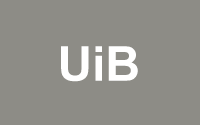
Course leaders
Connor Cavanagh, Associate Professor, Department of Geography, University of Bergen, connor.cavanagh@uib.no
Lecturers
Connor Cavanagh (Associate Professor, Geography, UiB),
Peter Andersen (HoD, Geography, UiB),
Ragnhild Overå (Professor, Geography, UiB),
Anwesha Dutta (Senior Researcher, CMI),
Tor A. Benjaminsen (Professor,Noragric, NMBU),
Teklehaymanot Weldemichel (Post-Doctoral Fellow,Geography, NTNU),
Mariel Støen (Professor, SUM, UiO),
Michael Watts (Professor Emeritus, Geography, UC Berkeley),
Nancy Peluso (Professor, UC Berkeley)
Course credits
5 ECTS
Deadline for registration
March 1st, 2023

We would like to invite to the final student presentations in the new summer course “Political Data Science Hackathon” (ISSSV1337).

We would like to invite to the final student presentations in the new summer course “Political Data Science Hackathon” (ISSSV1337).
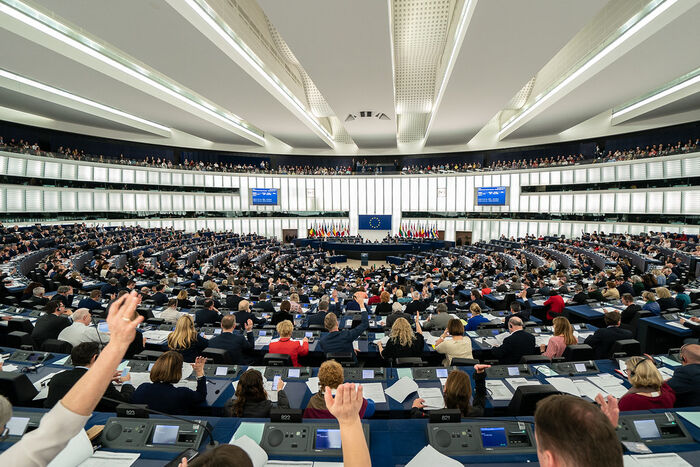
Philipp Broniecki and Bjørn Høyland present their paper on Patterns of Roll-Call Requests in the European Parliament. The presentation will focus on the technical issues involved in shaping, phrasing and organizing information from a large set of semi-structured web-pages.

Philipp Broniecki and Bjørn Høyland present their paper on Patterns of Roll-Call Requests in the European Parliament. The presentation will focus on the technical issues involved in shaping, phrasing and organizing information from a large set of semi-structured web-pages.
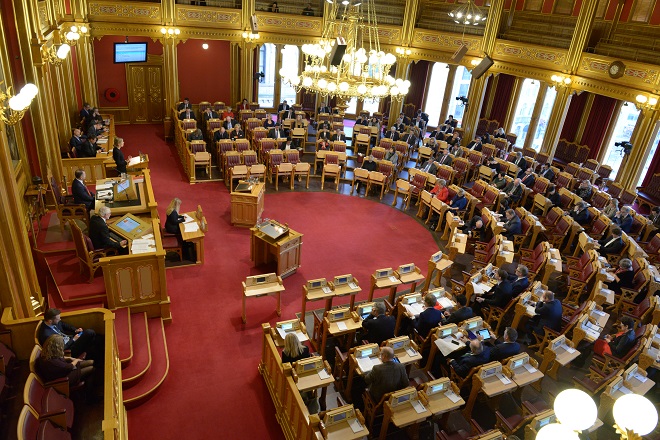
Martin Søyland (Political Science, UiO) presents his R package stortingscrape. This R package aims to effectivize this process for Norwegian parliamentary data. The package makes the data easily accessible, while also being flexible enough for tailoring the different underlying data sources to ones needs. The package philosophy revolves around three core consepts: 1) simplify data formats as much as possible, 2) make interconnected sources of data easily mergable, and 3) minimize overlap in information for different retrival functions.

Martin Søyland (Political Science, UiO) presents his R package stortingscrape. This R package aims to effectivize this process for Norwegian parliamentary data. The package makes the data easily accessible, while also being flexible enough for tailoring the different underlying data sources to ones needs. The package philosophy revolves around three core consepts: 1) simplify data formats as much as possible, 2) make interconnected sources of data easily mergable, and 3) minimize overlap in information for different retrival functions.

Optical character recognition (OCR) promises to open vast bodies of historical data to scientific inquiry, but OCR can be cumbersome when documents are noisy. The past 18 months have seen the launch of new OCR processors with vastly improved accuracy. In this seminar, Thomas Hegghammer will give an overview of the latest tools and present a new R package that offers access to the most powerful of them all, Google Document AI.
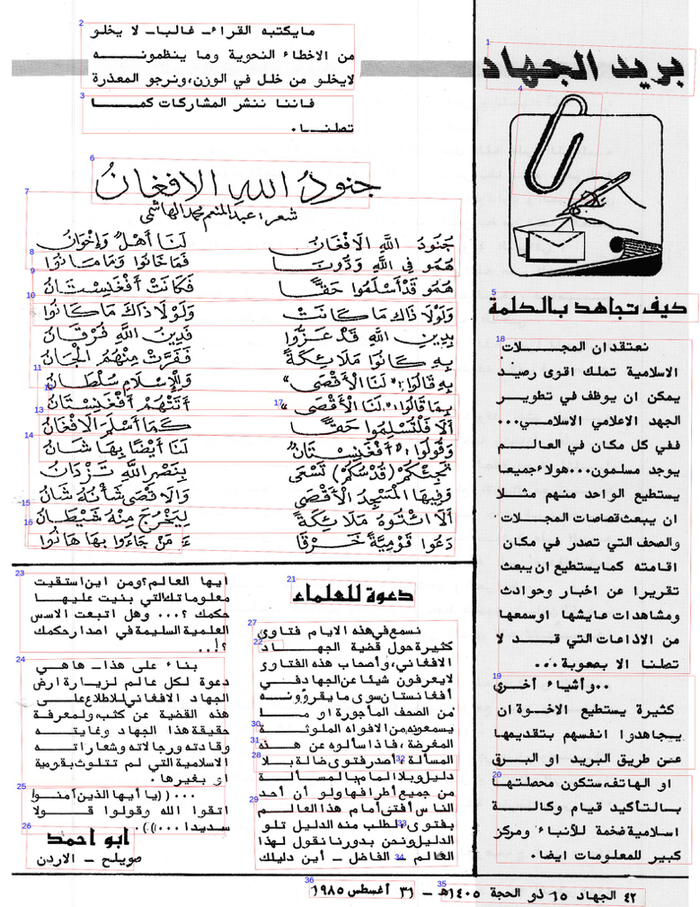
Optical character recognition (OCR) promises to open vast bodies of historical data to scientific inquiry, but OCR can be cumbersome when documents are noisy. The past 18 months have seen the launch of new OCR processors with vastly improved accuracy. In this seminar, Thomas Hegghammer will give an overview of the latest tools and present a new R package that offers access to the most powerful of them all, Google Document AI.

Opinion polls are not reported in the media as unfiltered numbers. And some opinion polls are not reported at all. This talk by Zoltán Fazekas from Copenhagen Business School is about how polls travel through several stages that eventually turn boring numbers into biased news. The theoretical framework describes how and why opinion polls that are available to the public are more likely to focus on change, despite most polls showing little to no change. These dynamics are empirically demonstrated using several data sources and measurements from two different democracies (Denmark and the U.K.) covering several years of political reporting. In the end, a change narrative will be prominent in the reporting of opinion polls which contributes to what the general public sees and shares, further consolidating a picture of volatile political competition.
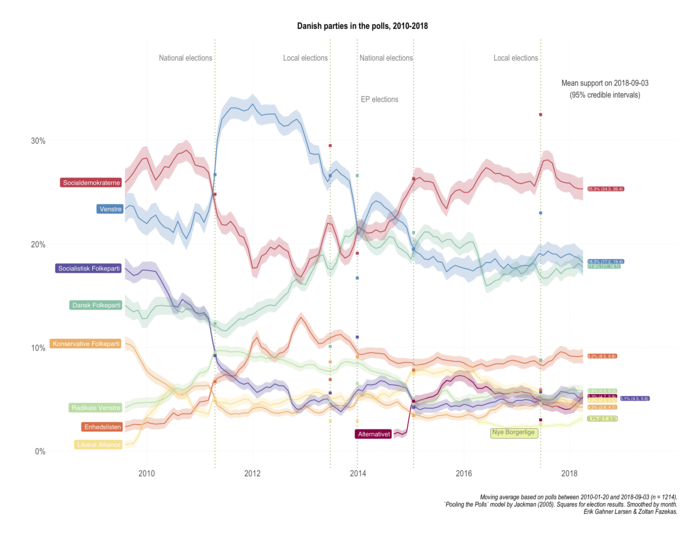
Opinion polls are not reported in the media as unfiltered numbers. And some opinion polls are not reported at all. This talk by Zoltán Fazekas from Copenhagen Business School is about how polls travel through several stages that eventually turn boring numbers into biased news. The theoretical framework describes how and why opinion polls that are available to the public are more likely to focus on change, despite most polls showing little to no change. These dynamics are empirically demonstrated using several data sources and measurements from two different democracies (Denmark and the U.K.) covering several years of political reporting. In the end, a change narrative will be prominent in the reporting of opinion polls which contributes to what the general public sees and shares, further consolidating a picture of volatile political competition.
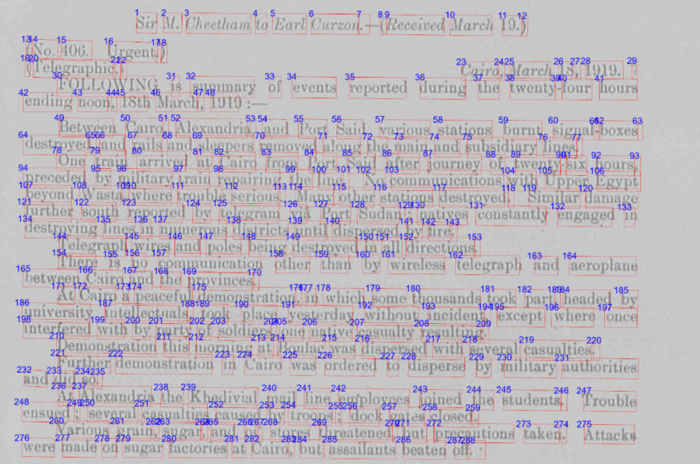
Neil Ketchley presents Violent Contention and Decolonization: Evidence from the 1919 Egyptian Revolution



